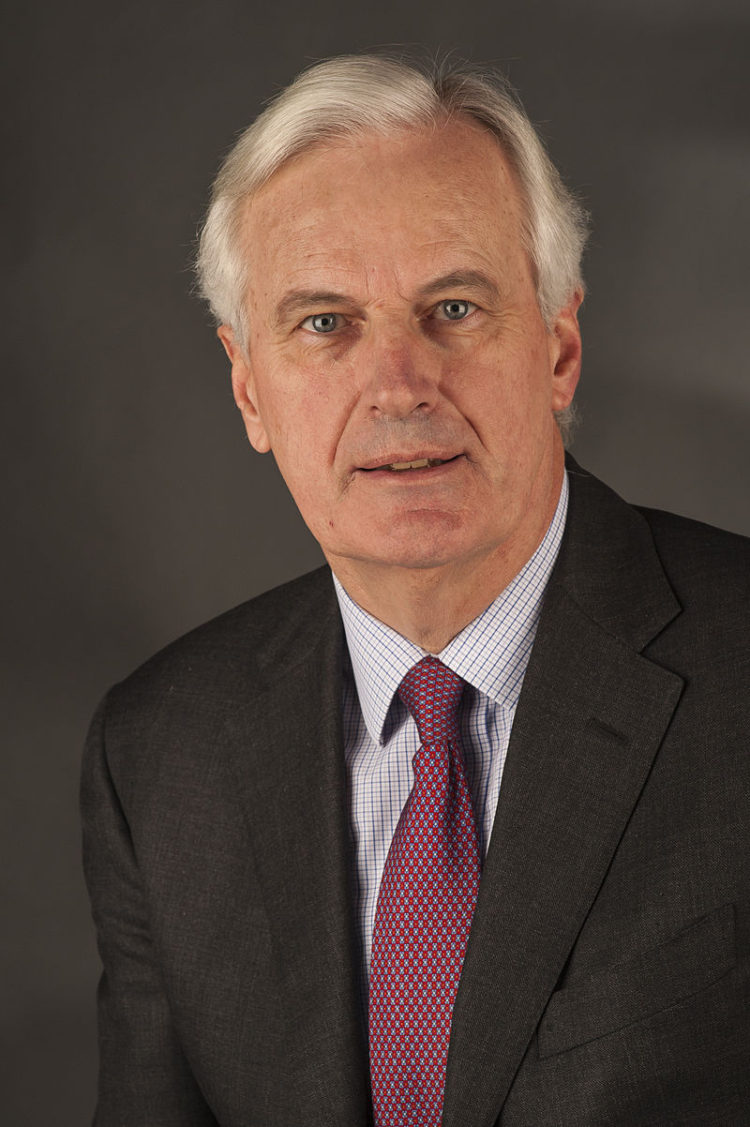By Ben Kerrigan-
EU chief Brexit negotiator, Michael Barnier has announced red lines it is negotiating in relation to the Uk’s exit from the EU scheduled or March 2019.
His announcement comes as Uk prime minister, Theresa May is to discuss the matter with fellow mp’s
“I am ready to adapt our offer should the UK red lines change,” Barnier said in a speech to the Institute of International and European Affairs in Brussels. “Our objective has always been to find an agreement with the UK, not against.”
Barnier called on all sides to stop arguing over the Irish border, imploring everyone to “de-dramatise” the issue.
He was adamant the EU would not shift its own red line on the single market, which he said was “not and never should be seen as a big supermarket; it is economic, cultural and social life, it should be developed in all its dimensions”.
He added: “The single market is our main economic public good. We will not damage it. We will not unravel what we achieved with the UK. We must find solutions that respect the integrity of the single market.”
The present state of play fuels skepticism that the prime minister will come with a package that unites both the cabinet and the EU.
This may douse any hopes that the prime minister could emerge from Chequers on Friday night with a package that simultaneously unites the cabinet and is acceptable to the EU, which has always said access to the single market is conditional on the UK accepting freedom of movement of people.
The stark implication seems to be that access to the single market can only include goods and services, not one without the other. The EU should at least examine May’s proposition about how it would work for their joint benefit.
was striking and may help move negotiations to the next phase. On Northern Ireland, he repackaged the need for a backstop solution, spelling out the need for regulatory alignment for livestock and agri-food. He said this was necessary for food safety and animal health across the border and would allow farming to continue as it does.
“We must all de-dramatise this backstop, we need to clarify how and where these controls are done, but ultimately [they are] only technical control on goods, no more, no less,” Barnier said.
“Our own backstop solution would mean the limited set of EU rules would continue to apply in Ireland as it does today, which means there would be no need for checks at the border.”
He again warned that the clock was ticking and the EU needed to see “realistic and workable solutions” from the UK.
Pn protecting the rights of British citizens living in the rest of Europe and non-British EU citizens in the UK, he urged vigilance. He said:
“There are four or five million citizens for whom Brexit is a constant source of worry [about] whether they can continue living their lives with the same rights for the rest of their lives. This is not the end of the road and we need to remain vigilant,” he said.




